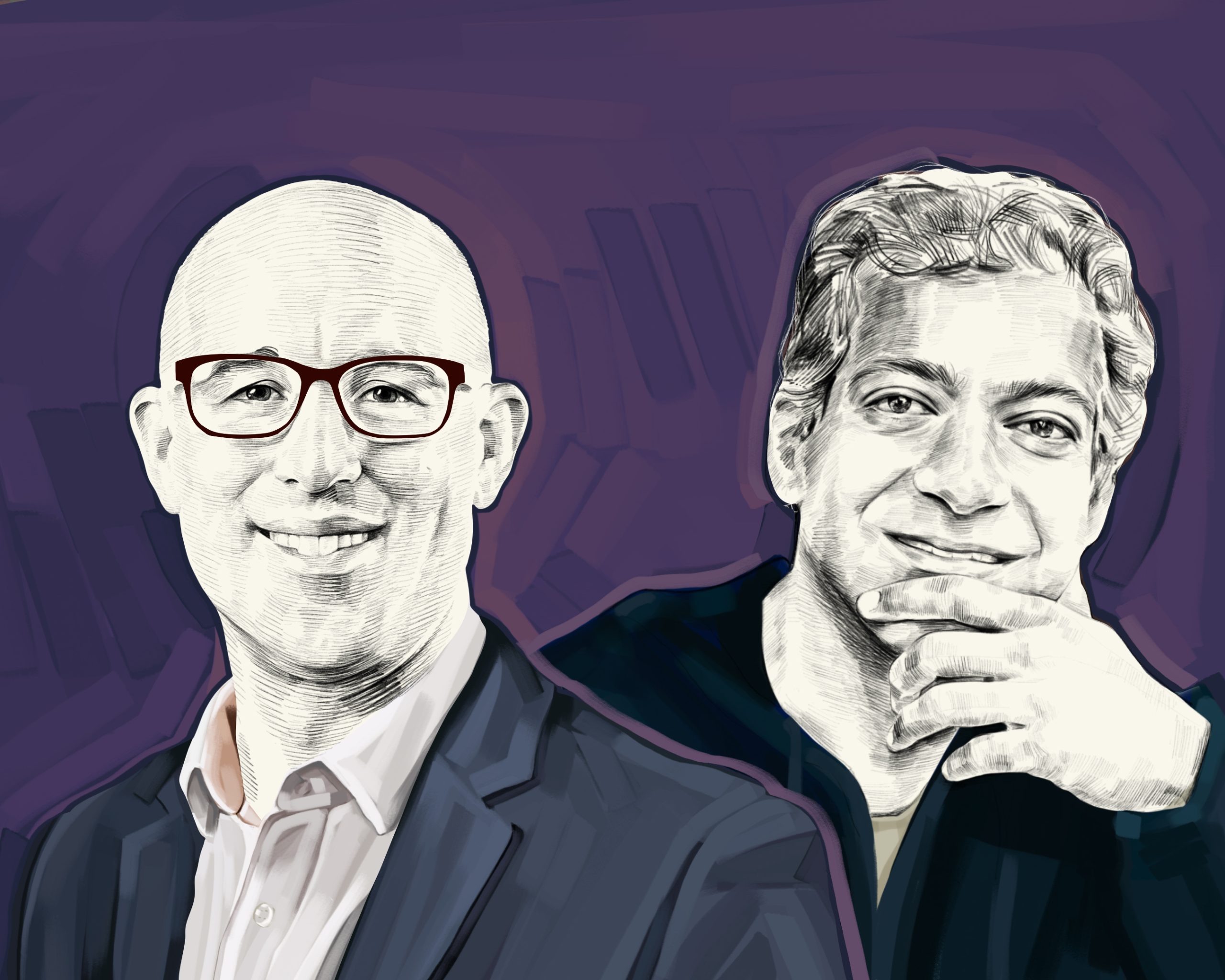
In a recent episode of The Podcast by KevinMD, psychiatrist Yekaterina Angelova explores the widespread challenge of false urgency in contemporary workplaces, especially within healthcare. Her perspectives are informed by her article “Are you addicted to false urgency?” and investigate how the current professional landscape perpetuates a cycle of busyness and fabricated emergencies, ultimately resulting in burnout and anxiety. Angelova posits that this issue is fundamentally linked to the “mere urgency effect,” a neuroscience concept where the brain incorrectly prioritizes urgent tasks over those that are meaningful, thereby increasing stress and diminishing overall well-being.
Angelova, a consultation liaison psychiatrist, recounts her personal experiences and professional insights, highlighting how the healthcare system capitalizes on the inherent qualities of high achievers and multitaskers. The relentless expectation for availability and swift responses is perpetuated through systemic acknowledgment and fleeting dopamine surges from accolades and recognitions, further solidifying this urgency culture.
During her dialogue with Kevin Pho, Angelova presents the idea of “nomergency”—circumstances perceived as urgent but lacking true importance or alignment with individual values. She emphasizes how technology worsens this situation by keeping individuals continuously tethered to demands, thus fragmenting focus and deprioritizing rest and personal well-being.
To address this, Angelova calls for a change in mindset and behavior: understanding the evolutionary origins of our stress responses can aid in making more intentional decisions about what deserves immediate focus. She highlights the necessity of establishing boundaries without entirely dismissing opportunities and proposes that workplaces should revise reward systems to promote rest, self-care, and taking breaks as valid forms of productivity.
Angelova remains hopeful about transformation, observing a generational shift among medical trainees who prioritize health and set compassionate limits. Her concluding message advocates for prioritizing rest and recognizing that not all urgent tasks hold significance, underscoring the need for systemic reform in tandem with individual efforts to harmonize professional obligations with personal values.
The episode also features Dragon Copilot by Microsoft as a tool designed to alleviate administrative pressures in healthcare environments, further illustrating the conversation around work-life balance and efficiency within the field.